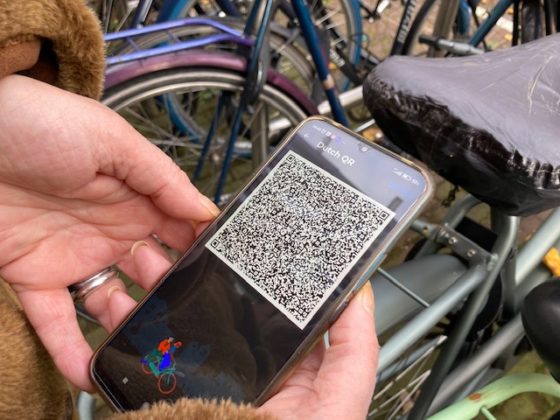2G and 3G systems have minor impact on coronavirus spread: research


The introduction of a 2G or 3G system – restricting access to events and locations on the basis of vaccination or test status – will not have much of an impact on the current surge in coronavirus cases, according to research carried out on behalf of the health ministry.
‘It is more difficult to defend a 2G or 2G strategy based on our research,’ research leader Niek Mouter told broadcaster NOS. The research was carried out at Delft, Utrecht and Erasmus universities in December and January.
Health minister Ernst Kuipers said at Friday’s press conference he was waiting for the research results before deciding if to press ahead with legislation to introduce 2G, which means people who have not been vaccinated, or recently had coronavirus, would be excluded from some locations.
The researchers said that introducing 2G in all locations apart from schools and work, would reduce the R ratio, or reproduction rate of the virus, by less than 10% in the most positive scenario.
Introducing 3G everywhere apart from schools and work, would only cut the reduction rate by 5.4%. And neither measure is enough to get the reduction rate under 1, which would show the virus was in retreat.
The R rate was 1.6 at the end of December, according to figures from public health institute RIVM, but is likely to be even higher now, given the Omicron variant of coronavirus is more infectious. The researchers took 1.8 as their base rate.
Behaviour
‘In the 2G concept, it is assumed that people who have not been vaccinated would then have fewer risky contacts, but that is not always the case,’ Mouter said. This does mean that the reduction in the infection rate in a 2G situation may well be less than 10% in practice.
The IG situation, in which everyone is tested for entry, would be more effective and cut the reproduction rate by 45% in a best-case scenario. But that too is not enough to cut the rate to under zero. ‘It is not possible to get the R rate below 1, however you use the coronavirus pass system,’ Mouter said.
The researchers say the situation is continuing to develop and the reduction rate may go down as more people catch and recover from coronavirus or have a booster jab. They recommend monthly updates to their models to assess the situation.
Legislation
Kuipers has not yet reacted to the research results in detail but said in a briefing he was sending the report to parliament so that MPs can include the findings in their deliberations on three pieces of legislation which would make 2G an option in the Netherlands.
His predecessor Hugo de Jonge, who backed a 2G strategy, said that a shift to 1G would be too expensive, and could cost €50m a week.
Minor coalition party ChristenUnie backs a 1G strategy with mass testing for everyone, rather than 2G.
Thank you for donating to DutchNews.nl.
We could not provide the Dutch News service, and keep it free of charge, without the generous support of our readers. Your donations allow us to report on issues you tell us matter, and provide you with a summary of the most important Dutch news each day.
Make a donation